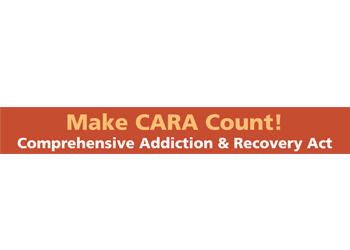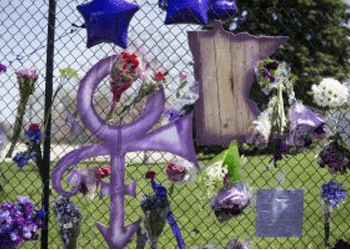Authentic Connection vs. Shame
by Tyler Reitzner
There was a point in my active addiction that I had to be hospitalized to detox and stabilize. My drinking was causing significant damage to my liver and pancreas as well as spiking my blood pleasure to dangerous levels. Spitting up blood was a daily routine. I spent six days in the hospital with doctors, psychologists and psychiatrists telling me “you can’t drink anymore or you will die” and I knew they were right.
When I was released I was optimistic about changing and was laughing with the staff as they discharged me but by the time they wheeled me to the lobby my mind was starting to race. I realized that I would be going back to my home, alone, sitting with myself. I took a cab home and halfway through the trip I had the driver stop at a liquor store. I was back in the hospital five days later.
Shame almost killed me, not alcohol. My drinking didn’t cause the shame; it was the best way that I had to deal with the shame. The feeling was crippling at times. It wasn’t the shame of being an alcoholic that kept me from getting help; it was the shame of being me, and not feeling worth it.
My shame is the brick wall at the core of my soul built of old wounds that tell me I am not good enough. It made the self-destructive lifestyle that comes with alcoholism feel comfortable and necessary. I felt isolated and worthless, to the point that alcohol became the only relationship that I felt comfortable with and I needed to connect with something.
Over 7 years later, I am in long-term recovery from Post Traumatic Stress Disorder (PTSD) and Substance Use Disorder (SUD). I have focused on being myself, present, growing, and engaging in the relationships in my life. This is how I define authentic connection and it’s what broke down my shame wall and helped me feel worth living, even with imperfections.
The process started for me even back when I was in the hospital still in my active SUD. I had felt safe and taken care of while there. The staff treated me like a human and not a defective person. While I was in the hospital I felt sincere hope. When I left and lost that safe connection I felt the shame wall build back up and tell me I am not enough. Although, I did drink again, that feeling of hope stuck with me, and deep down I knew that I could connect to something other than alcohol. The recovery community became that connection for me. Authentic connection was the dynamite that started to blast apart the shame wall and lead to better relationships with my family who became a part of my community. However, the work didn’t stop there.
“You have to let us love you until you love yourself”, every defense mechanism I had kicked in the first time I heard that. That concept sounded terrifying to me because it meant that I had to learn to sit down, look myself in the eye and say I love you, Tyler, and you are worth that love. The love of my community made it safe to do that, and I now feel like I belong.
My oldest son and I recently had a discussion around recovery that validated my experience. We were discussing recovery and what it has meant to us and he made the following statement “I got to see you as you, and not the drunk you”.
Related Books for this topic by Dr. Brené Brown: Gifts of Imperfection, Daring Greatly, Rising Strong.
Tyler Reitzner is a Patient Leader, Speaker and Behavioral Health Advocate. He lives with his wife and two boys in Minnesota.
Board Member: MN Trauma Project http://www.mntraumaproject.org/
Board Member: Minnesota Recovery Connection https://minnesotarecovery.org/
Director of Marketing and Outreach: FRrē, Family Recovery Resource Experts https://frre.net/
Coming this October! Podcast series and website, Strength in Brokenness, with Tyler and Dr. Ryan Van Wyk.




